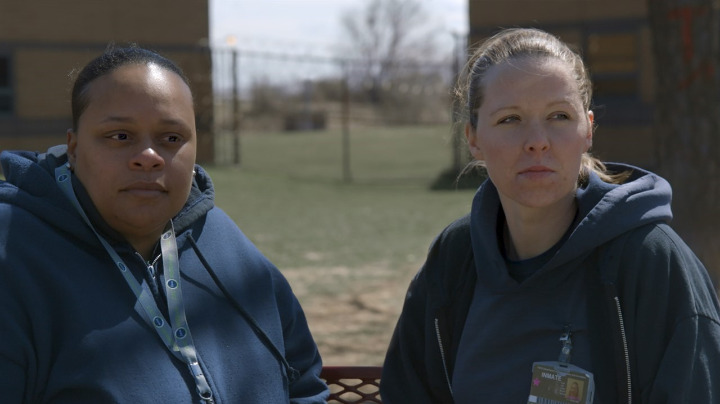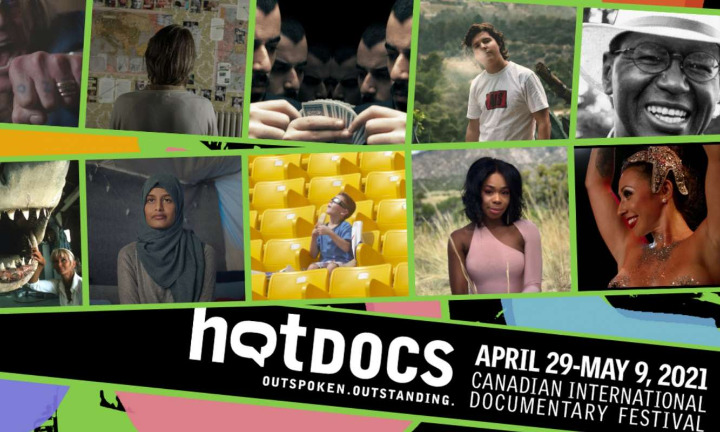The international juries at Hot Docs this year favoured slow cinéma vérité If the feature winner Ostrov – Lost Island exemplifies the limitations of the art form with its lethargic portrait of an impoverished community, then Silent Voice typifies observational cinema at its best. Winner of the Mid-Length Feature prize, Silent Voice is a courageous work that finds strength in stillness. Oddly enough, both international winners are portraits of Russians affected by the nation’s own sluggish attitude. Silent Voice gives audiences an intimate profile of one young gay man escaping the country’s notoriously anti-LGBTQ politics. The film draws its power from silence as the doc observes as the man struggles to regain his voice after losing it due to trauma. The silence is both literal and figurative as director Reka Valerik astutely observes the network that seeks to keep the man safe from harm.
Silent Voice observes the young man, named Khavaj, as he receives assistance in Belgium from a Rainbow Railroad like network that provides safety and asylum to LGBTQ people escaping persecution. Khavaj, a former mixed martial arts fighter, spends his days building up his strength with hopes that gaining confidence in his body will flex his vocal chords back into shape. Valerik shoots this story in Academy ratio and lets the action, or lack thereof, unfold in long takes. These shots convey, on one hand, the monotony of a life in hiding. On the other, they illustrate the power of the safe space that the support network provides Khavaj.
Deftly keeping the young man’s face outside the frame without being obtuse about aesthetics, the film watches as Khavaj regains his sense of self. His trial carries a palpable burden as the members of the support network explain that he’s escaping violence inflicted upon him by his brother. Someone is searching for Khavaj, too, which makes his relationships with the other men in the network both precious and precarious: in a foreign land without means to communicate, trust is a precious commodity.
The film brilliantly conveys the power of a voice as it introduces messages left on Khavaj’s phone by his mother. Her comments run the full spectrum of a mother’s pain. The messages evoke genuine fear and concern, but they’re ignorant at best and homophobic at worst. While Khavaj hides out of fear for his life, she speaks about the embarrassment she feels at the grocery store. She suggests a “cure” for his “illness,” echoing outdated attitudes towards conversion therapy and reflecting the literal harm that people face when they live in a society that lacks progressive attitudes towards human rights and education. Khavaj strokes his neck in fragmented close-ups and cocks his larynx with hopes to emit a sound. Besides some clicks of the bones or gasps of breath, he can’t respond to his mother’s calls. She pleads for some form of acknowledgement in each message, but his silence powerfully speaks volumes, for what can a person say to someone who doesn’t accept them for who they are?
This brief window info Khavaj’s life on the run is very powerful. The film gives voice to those who are silenced and reassures them they’re not alone in their fight.
Silent Voice screened at Hot Docs 2021. and screens at DOXA 2021.











